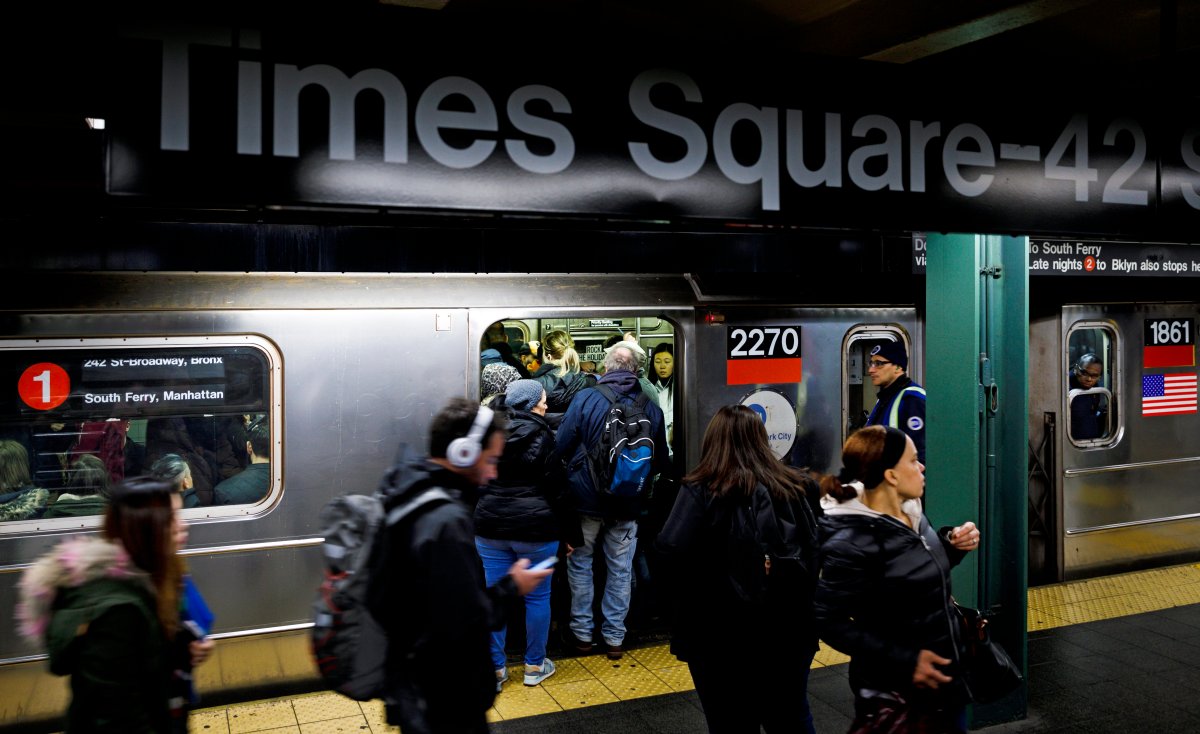A Canadian awaiting sentencing in the United States for planning terrorist attacks in New York City for the so-called Islamic State could soon test the government’s approach to dealing with violent extremists returning from abroad.

Abdulrahman El-Bahnasawy’s lawyers have asked for a short sentence for the Mississauga, Ont. resident so he can return to Canada, where his family is proposing he undergo mental health treatment and religious counselling.
“We have full faith that with the love and values that his parents raised him with, he will be able to be rehabilitated to be a productive member of society,” Hesham Youssef, who manages a Toronto-area Islamic centre and was once El-Bahnasawy’s teacher, wrote to the judge.
“We will actively monitor him and do whatever it takes to assist his family in providing them respite to help deal with this development in their life. We will do whatever it takes to welcome him back and are eager in seeing him and his family be able to thrive again and look past this unfortunate event.”
The reintegration of violent extremists who have been active abroad set off shouting matches in the House of Commons last fall as the Conservatives accused the Liberal government of greeting returning ISIS members with “group-hug sessions.”
Prime Minister Justin Trudeau responded that in addition to law enforcement “we also have methods of de-emphasizing or de-programming people who want to harm our society, and those are some things we have to move forward on.”
Canadian security agencies are aware of about 60 violent extremists who have returned to the country after having been active in terrorist groups overseas. Another 190 remain outside Canada, including about 100 in the Syria-Iraq region.
Few so-called terrorist travellers have been charged, but the government said its Centre for Community Engagement and Prevention of Violence would “engage with communities, support local-level programming through a Community Resilience Fund, and advance action-oriented research.”
Unlike the handful of Canadians who served with ISIS and returned, the Kuwait-born El-Bahnasawy was prosecuted, although in the U.S. He was arrested in New Jersey in May 2016 following an undercover FBI investigation conducted in cooperation with the RCMP. He was 18 at the time.
He later pleaded guilty to planning terrorist attacks that were to target Times Square, the New York subway and concert venues. Two alleged co-conspirators were arrested in Pakistan and the Philippines.
“I wanna create the next 9/11,” El Bahnasawy told an undercover agent, to whom he sent bomb-making materials he purchased in Ontario. The attacks were to occur in June 2016, during the Islamic holy month of Ramadan.
A letter El-Bahnasawy penned to the judge said he had struggled with drug use and his parents had forced him to attend an Islamic school at age 17. He then came to see “so-called democracy and freedom” as an enemy to be fought.
But he said he was sorry.
“I want a stable life and I want to stop having extreme turns that keep getting me in trouble, like my turn towards drugs or my turn towards jihad.”
More than a dozen other letters sent to the judge, most by family members, depicted El-Bahnasawy as a friendless drug abuser with mental health issues. Global News has reported he was taking a medication used to treat symptoms of schizophrenia and bipolar disorder.
In their pre-sentencing submission, his lawyers argued that if the judge concluded that a sentence of time served was not appropriate, El-Bahnasawy should get a “short period of confinement so he can immerse himself in proper treatment in Canada.”
They described a plan that would combine mental health care, re-integration and religious counselling. “I hope to help my brother find a positive religious influence through identifying his interests constantly emphasize the importance of his identity as a Muslim and helping him find communities which empower him as a Muslim and help him find purpose, continue facilitating for him to meet a religious counsellor,” his sister Basma wrote.
Mohamed Abdallah Eid, a University of Toronto student who called himself El-Bahnasawy’s close friend, said “it would be an honour to help an old friend overcome an obstacle in their life and have a blessed future even if it means any sacrifices would have to be done on my behalf.”







Comments